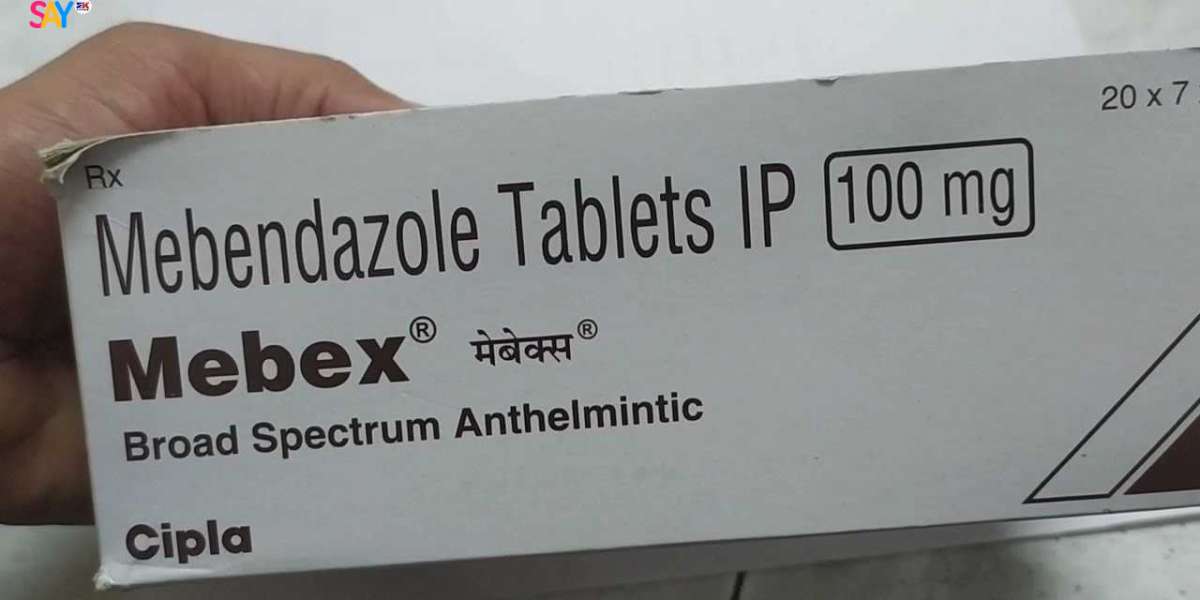Emverm 100mg chewable tablets, containing the active ingredient mebendazole, is a medication commonly prescribed to treat certain types of parasitic infections. Mebendazole is classified as an anthelmintic, which means it is effective against various parasitic worms. This article will delve into the uses, mechanism of action, dosage considerations, and potential side effects of Emverm 100mg chewable tablets.
Parasitic Infections and Mebendazole:
1. Types of Parasitic Infections:
Emverm is primarily used to treat infections caused by certain parasitic worms, including pinworms (Enterobius vermicularis), roundworms (Ascaris lumbricoides), whipworms (Trichuris trichiura), and hookworms (Necator americanus, Ancylostoma duodenale).
2. Mechanism of Action:
Mebendazole works by interfering with the parasites' ability to absorb glucose, depriving them of an essential energy source. This disrupts the parasites' metabolism and leads to their eventual death, facilitating their expulsion from the body.
Dosage and Administration:
3. Dosage for Different Parasites:
The dosage of Emverm may vary depending on the type of parasitic infection being treated. It is crucial to follow the healthcare provider's instructions and adhere to the prescribed dosage and duration of treatment.
4. Chewable Tablets:
Emverm is available in chewable tablet form, which can be advantageous for individuals who may have difficulty swallowing traditional tablets. The chewable formulation enhances ease of administration, especially for children.
Considerations and Precautions:
5. Pregnancy and Lactation:
Pregnant or breastfeeding individuals should exercise caution when using Emverm. It is essential to discuss potential risks and benefits with a healthcare provider before initiating treatment.
6. Drug Interactions:
Certain medications may interact with mebendazole, affecting its efficacy or increasing the risk of side effects. Informing the healthcare provider about all current medications, including over-the-counter drugs and supplements, is crucial to avoid potential interactions.
7. Monitoring for Adverse Effects:
While Emverm is generally well-tolerated, some individuals may experience side effects such as abdominal pain, diarrhea, or dizziness. Any persistent or severe side effects should be reported to a healthcare provider promptly.
Conclusion:
Emverm 100mg chewable tablets play a crucial role in the treatment of parasitic infections caused by various worms. Understanding the specific type of infection, following prescribed dosages, and adhering to treatment durations are essential for successful outcomes. As with any medication, it is crucial to consult with a healthcare provider to ensure the safety and efficacy of Emverm, especially in individuals with pre-existing medical conditions or those taking other medications. Overall, Emverm stands as an effective and convenient option in the management of parasitic infections, contributing to improved patient health and well-being.




